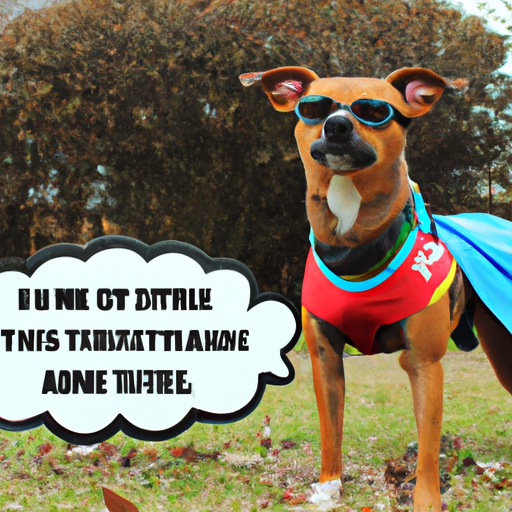Understanding Little Dog Syndrome
You may have noticed that some small dogs have a tendency to act more aggressively than their larger counterparts. This behavior, known as “Little Dog Syndrome,” isn’t a clinical condition, but rather a human interpretation of canine behaviors.
Let’s dive into the reasons behind this syndrome:
- Overcompensation: Just like some people feel the need to prove themselves, small dogs might feel the need to assert their dominance to compensate for their small size.
- Fear: Small dogs are physically vulnerable. Aggression can often be a reaction to fear or anxiety.
- Spoiling: Small dogs are often treated like babies, which can lead to behavioral issues if boundaries aren’t set.
The Role of Breeding
Different dog breeds have different temperaments, and this plays a significant role in their behavior. Some small breeds were bred for specific tasks that required a high level of alertness and aggressiveness.
| Small Dog Breeds | What They Were Bred For |
|---|---|
| Chihuahua | Companion dogs |
| Dachshund | Badger hunting |
| Jack Russell Terrier | Fox hunting |
Training and Socialization
Training and socialization are crucial aspects of any dog’s life, regardless of their size. Small dogs are no exception.
- Training: The earlier you start training your dog, the better. This helps them understand that aggressive behavior is not acceptable.
- Socialization: Exposing your dog to different environments, people, and animals can help them become more comfortable and less aggressive.
The Influence of the Owner
As a caregiver, your actions and behaviors can greatly influence your dog. Small dogs often mimic their owners’ behaviors and moods. If you’re anxious or aggressive, your dog may mirror these behaviors.
Prevention and Management
Preventing “Little Dog Syndrome” involves consistent training, socialization, and setting boundaries. Here are a few tips:
- Treat your small dog like a dog, not a baby.
- Set clear boundaries and be consistent with your commands.
- Provide plenty of opportunities for socialization.
- Seek professional help if necessary.
Frequently Asked Questions
Why is my small dog so aggressive?
Small dogs may show aggression due to various reasons including fear, lack of socialization, or a desire to assert dominance.
How can I curb my small dog’s aggressive behavior?
Consistent training, setting boundaries, and socialization can help reduce aggressive behavior in small dogs.
Should I consult a professional for my dog’s aggressive behavior?
If your dog’s aggression is causing concern or posing a threat to others, it’s best to consult a professional dog trainer or behaviorist.
Remember, understanding and patience are key when dealing with a little dog’s mean behavior. Your small furry friend relies on you for guidance, so ensure you provide them with a loving, structured environment.



